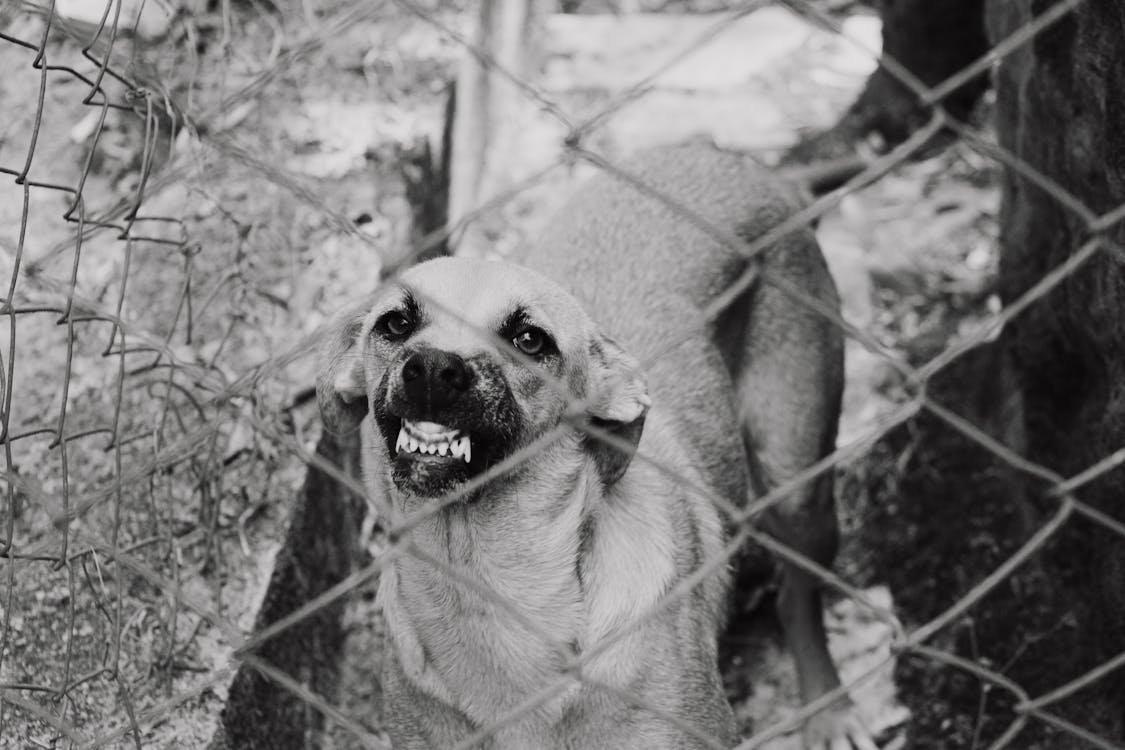Reactive Dog Training Services - at PJH Dog Training
Stop and take a breath.
You are not alone.
Our unique dog reactivity program on the Upper West Side is designed to bring calm to you and your dog's lives. Using proven scientific techniques together with close attention to your dog's needs, we work to reduce reactivity and enhance wellness.
Does your dog overreact to other dogs, people, or sounds?
Has reactivity taken over your daily life and routines?
Here’s How to Get Started Training Your Reactive Dog
Step 1: In-Person Consultation
We begin with a thorough, in-person consultation to understand your dog’s behaviors, environment, and specific triggers. From there, we create a customized reactivity training plan tailored to your dog’s unique needs.
Book Your ConsultationStep 2: Private In-Home Training
We offer in-home training throughout NYC, includiong Reactive Resilience Therapy™️ to work on desensitization, redirection, and reinforcing calm behavior where it matters most—real life. Personalized coaching ensures your dog progresses with clarity and confidence.
Schedule In-Home TrainingStep 3: Group Workshops (Optional)
When your dog is ready, we offer controlled group workshops and agility classes designed for reactive dogs. These structured sessions build social resilience while improving emotional regulation through therapeutic movement.
Join a Group Workshop or Agility ClassBonus: Outdoor Agility Classes
Ready to build confidence and burn energy? Our outdoor agility classes are a great outlet for reactive dogs. They’ll learn to focus, move with purpose, and have fun in a safe, supportive environment.
Sign Up for AgilityWhy Choose PJH Dog Training for Reactive Dogs?
Expertise You Can Count On
Dr. Pepe J. Hernandez, Ph.D. in neuroscience and CPDT-KA certified dog trainer, brings evidence-based insight to every training session. Our approach is grounded in both behavior science and real-world results. Learn more →
Custom Reactivity Plans
We don’t do one-size-fits-all. Every reactive dog gets a tailored behavior plan based on their specific triggers, environment, and temperament — because progress is personal.
Positive, Force-Free Methods
Our training is humane and modern — no fear, no pain. We use desensitization, counter-conditioning, and reward-based systems to build trust and long-term emotional resilience.
Local & Convenient Options
We offer private sessions and group workshops across the Upper West Side and NYC — so you can access training in your neighborhood without stress or long commutes.
Ready to get started? Give us a call at 347-754-1988
3 Ways Your PJH Dog Trainer Will Help Your Dog Stay Calm in Any Situation
Method 1: Your dog trainer will recondition your dogs relationship to food and motivation to work to get it. You’re going to need your dog to accept treats even when stressed out and distracted.
Method 2: Desensitizing/counterconditioning your dog to the trigger. Your dog trainer will change your dog’s emotions in the face of a trigger from negative to positive through counterconditioning and desensitization.
Method 3: Your dog trainer will help you rebuild your relationship with your dog. Your dog needs to know you’re going to step up and control any scary situation, providing ways out of situations or will give your dog the choice of what situation is entered into.
Reactive Dog Training – Frequently Asked Questions
Reactivity refers to exaggerated emotional responses to stimuli — such as barking, lunging, or growling at dogs, people, bikes, or other triggers. It’s often rooted in fear, frustration, or over-arousal, not aggression.
Reactivity can almost always be improved — and in many cases, significantly. While some dogs may always need a little management, the goal is helping them stay calm and make better choices under stress.
Not at all. Dogs can learn at any age. In fact, many reactive dogs make faster progress as adults when we understand their triggers and motivations better than we did when they were puppies.
For reactive dogs, random or high-pressure socialization usually makes things worse. Structured, controlled exposure is safer and far more effective. We’ll help you learn when and how to introduce your dog to stimuli safely.
Some dogs make noticeable progress in a few weeks, while others take months. It depends on your dog’s triggers, past experiences, and consistency of training. Our goal is steady, sustainable change — not quick fixes that fall apart.
We use reward-based, force-free methods rooted in behavioral science. Techniques include counter-conditioning, desensitization, marker training, and controlled setups to build confidence without overwhelm.
Usually no — unless the group is specifically designed for reactivity. Our training starts with private sessions to build skills and confidence first. Some dogs may graduate to reactive-dog-specific classes later.
They may suppress symptoms short-term, but they often increase fear and tension — the root of reactivity. We don’t use pain-based tools. Long-term behavior change requires trust, not force.
A well-fitted front-clip harness, longline leash, and high-value treats go a long way. We may also recommend visual barriers, interactive toys, or calming routines depending on your dog’s needs.
Private reactive dog sessions typically range from $100 to $200 depending on trainer expertise and location. We offer packages with savings and always begin with a one-on-one consultation to assess your dog’s needs.






